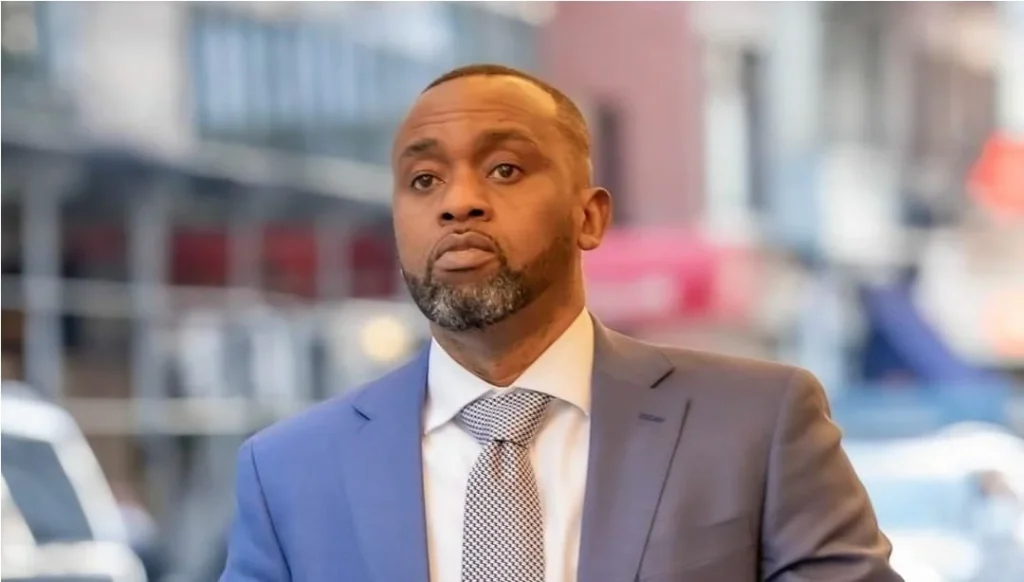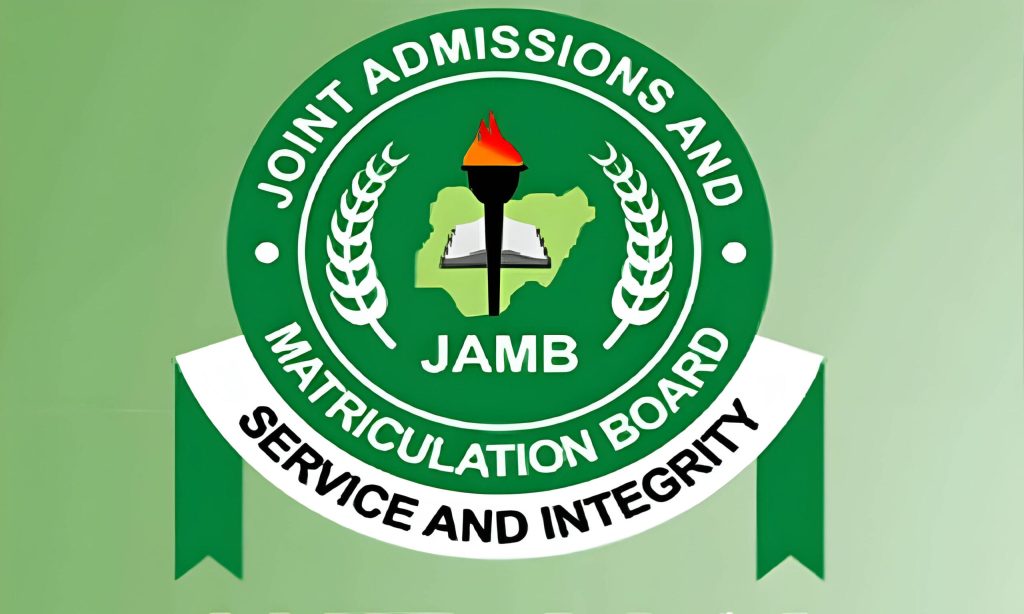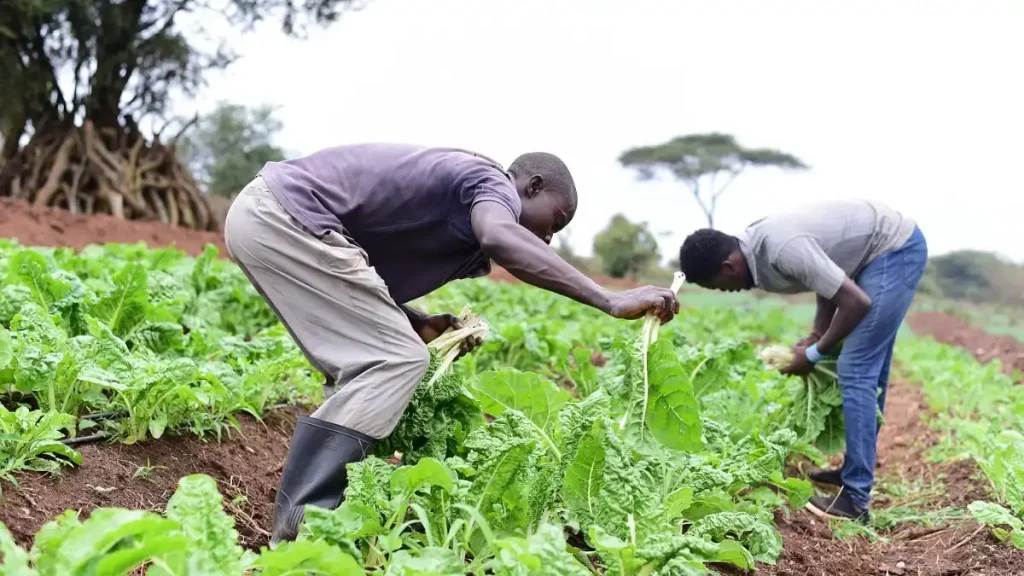The recent revelation that Nigeria records 42,700 AIDS-related deaths annually is a sobering reminder of the devastating impact of HIV/AIDS on our nation. Despite the efforts of various stakeholders, the government’s response to this epidemic has been grossly inadequate. While progress has been made in reducing the prevalence of HIV/AIDS from 5.8% in 2001 to 3.4% in 2013, this momentum is being undermined by insufficient action to tackle the root causes of the epidemic.
Funding Shortfalls and Accessibility Issues
A major barrier to combating HIV/AIDS in Nigeria is the government’s failure to provide adequate funding for HIV/AIDS programmes. This financial neglect has resulted in a shortage of antiretroviral drugs, leaving many people living with HIV/AIDS without access to life-saving treatment. For example, in 2019, the government allocated only N1.2 billion to HIV/AIDS programmes, a fraction of the N10 billion required to effectively address the epidemic. This gap in funding has dire consequences, as over 1.9 million people are currently living with HIV/AIDS in Nigeria. Without urgent action, this number is expected to rise to 2.5 million by 2025.
Ineffective Prevention Programmes
The lack of effective prevention programmes compounds the problem, as new infections continue to occur at an alarming rate. Many Nigerians are still unaware of the basic facts about HIV/AIDS, and this lack of awareness has contributed to the spread of the disease. Comprehensive education and prevention campaigns are vital to halting new infections and protecting vulnerable populations.
The Economic and Social Costs of Inaction
The economic impact of the HIV/AIDS epidemic in Nigeria is staggering. According to the World Bank, the epidemic costs Nigeria approximately N1.3 trillion annually, equivalent to 1.5% of the country’s GDP. Beyond the financial burden, the epidemic also has profound social and cultural implications. Stigma and discrimination against people living with HIV/AIDS lead to marginalization and exclusion, further compounding their challenges.
A Multifaceted Approach to Combating HIV/AIDS
To effectively address the HIV/AIDS crisis, the Nigerian government must take immediate and comprehensive action:
- Increase Funding for HIV/AIDS Programmes: Substantial financial investment is needed to ensure the availability of antiretroviral drugs and the sustainability of prevention and treatment programmes.
- Expand Access to Treatment: Efforts must be made to ensure that all individuals living with HIV/AIDS have access to the medication and healthcare they need.
- Implement Effective Prevention Programmes: These programmes should focus on education, awareness, and early testing to reduce the rate of new infections.
- Combat Stigma and Discrimination: Policies that protect the rights of people living with HIV/AIDS and promote their inclusion in society are essential.
- Strengthen Healthcare Infrastructure: The government must increase funding for healthcare, improve access to services, and implement effective policies to build a robust healthcare system.
The Role of the International Community
The international community has a crucial role to play in supporting Nigeria’s efforts to combat HIV/AIDS. This includes providing financial and technical assistance for HIV/AIDS programmes and advocating for increased global support. Collaborative efforts can amplify the impact of national initiatives and ensure sustainable progress.
A Call to Action
The HIV/AIDS epidemic in Nigeria is a crisis that demands immediate attention and action. The government must rise to the occasion by prioritizing the needs of those affected by the disease and committing to a comprehensive response. The lives of thousands of Nigerians depend on decisive and sustained efforts to combat this epidemic.
We urge the government and all stakeholders to take bold steps to address the HIV/AIDS crisis. Together, we can create a future where HIV/AIDS no longer poses a threat to the health and prosperity of our nation.













